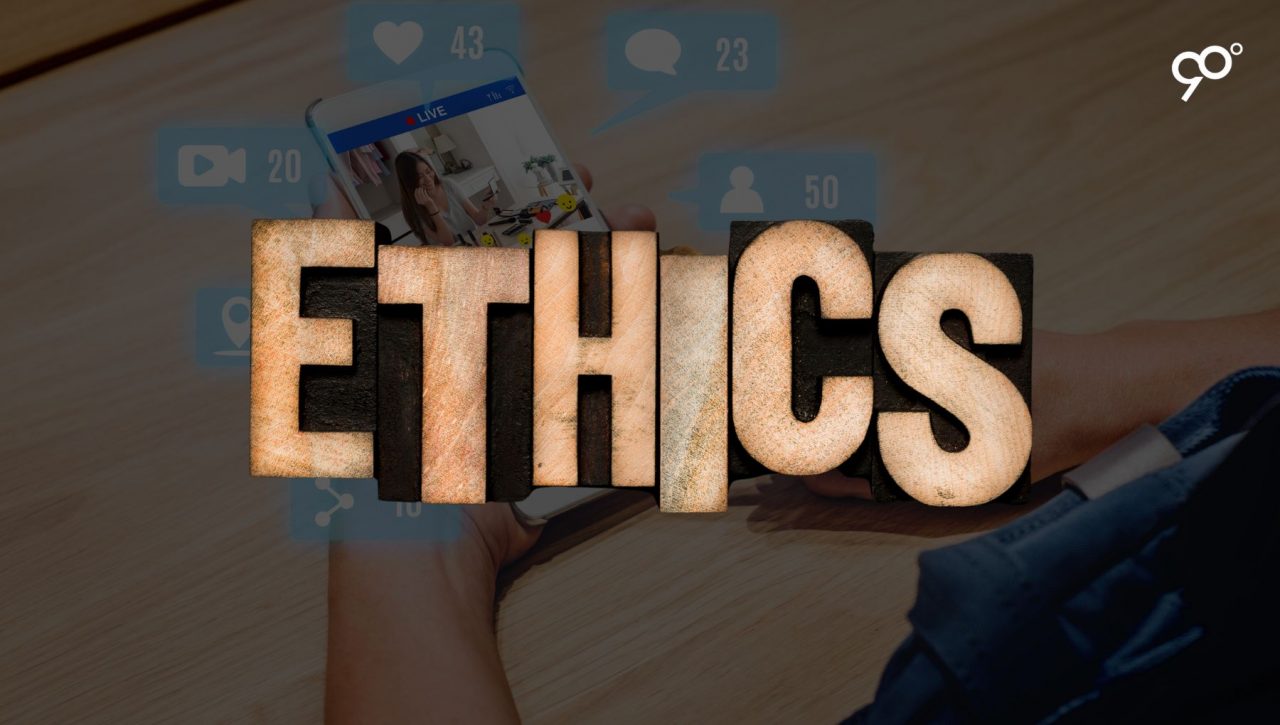
As influencer marketing continues to dominate the public relations landscape, brands and agencies face increasing scrutiny around ethics—especially when operating across diverse global markets. Influencer PR isn’t just about pairing popular personalities with products; it’s about building authentic connections, respecting cultural differences, and upholding transparency. Navigating these ethical considerations is critical for maintaining credibility and trust in an age where audiences demand accountability.
Ethical Influencer PR
Influencers wield significant power to shape opinions and behaviors. This influence carries responsibility, particularly when campaigns cross cultural and geographic boundaries. What might be acceptable or effective in one market could be inappropriate or offensive in another. Ethical influencer PR requires a nuanced understanding of local values, social norms, and legal regulations—an awareness that goes far beyond surface-level localization.
One key issue is transparency. Audiences worldwide are increasingly savvy about sponsored content and expect clear disclosure of paid partnerships. However, disclosure standards and regulations vary by country, and what’s legally sufficient in one place might be considered insufficient elsewhere. Brands must adopt the highest transparency standards across all markets, ensuring disclosures are clear, conspicuous, and culturally appropriate to avoid accusations of deception.
Cultural Sensitivity
Cultural sensitivity is another ethical cornerstone. Influencers must authentically align with the communities they engage. This means selecting influencers who genuinely resonate with local audiences and avoiding tokenism or stereotypes. Brands should invest time and resources into vetting influencers’ backgrounds, values, and previous content to ensure alignment with both the campaign’s message and the market’s cultural context.
Moreover, ethical influencer PR involves responsibility for content accuracy and impact. Influencers should avoid spreading misinformation or making unsubstantiated claims—particularly around sensitive topics like health, politics, or social issues. Brands share in this responsibility and must work closely with influencers to maintain fact-based messaging that respects the diversity and complexity of different markets.
Fair Compensation and Respectful Partnerships
Another layer involves fair compensation and respectful partnerships. Exploitative contracts or pressure to promote products dishonestly can damage relationships and reputations. Ethical influencer PR promotes mutual respect, ensuring influencers are fairly paid and empowered to create content that reflects their authentic voice.
When controversies arise—whether related to influencer behavior, cultural missteps, or campaign outcomes—brands must act swiftly and transparently. A proactive approach to crisis management, grounded in accountability and dialogue, helps repair trust across diverse audiences and markets.
Technology can assist by offering tools to monitor influencer content for compliance and sentiment, but it cannot replace the human judgment necessary to navigate cultural complexities and ethical dilemmas. Successful influencer PR blends data-driven insights with empathy and respect for local nuances.
Ultimately, influencer PR ethics across diverse markets isn’t just a compliance issue—it’s a strategic advantage. Brands that prioritize integrity, transparency, and cultural respect build stronger, more sustainable connections with global audiences. In a world where trust is fragile and reputations are easily challenged, ethical influencer marketing is the foundation for lasting success.
Follow Ninety Degrees PR Solutions on LinkedIn for more public relations and communication related articles.







